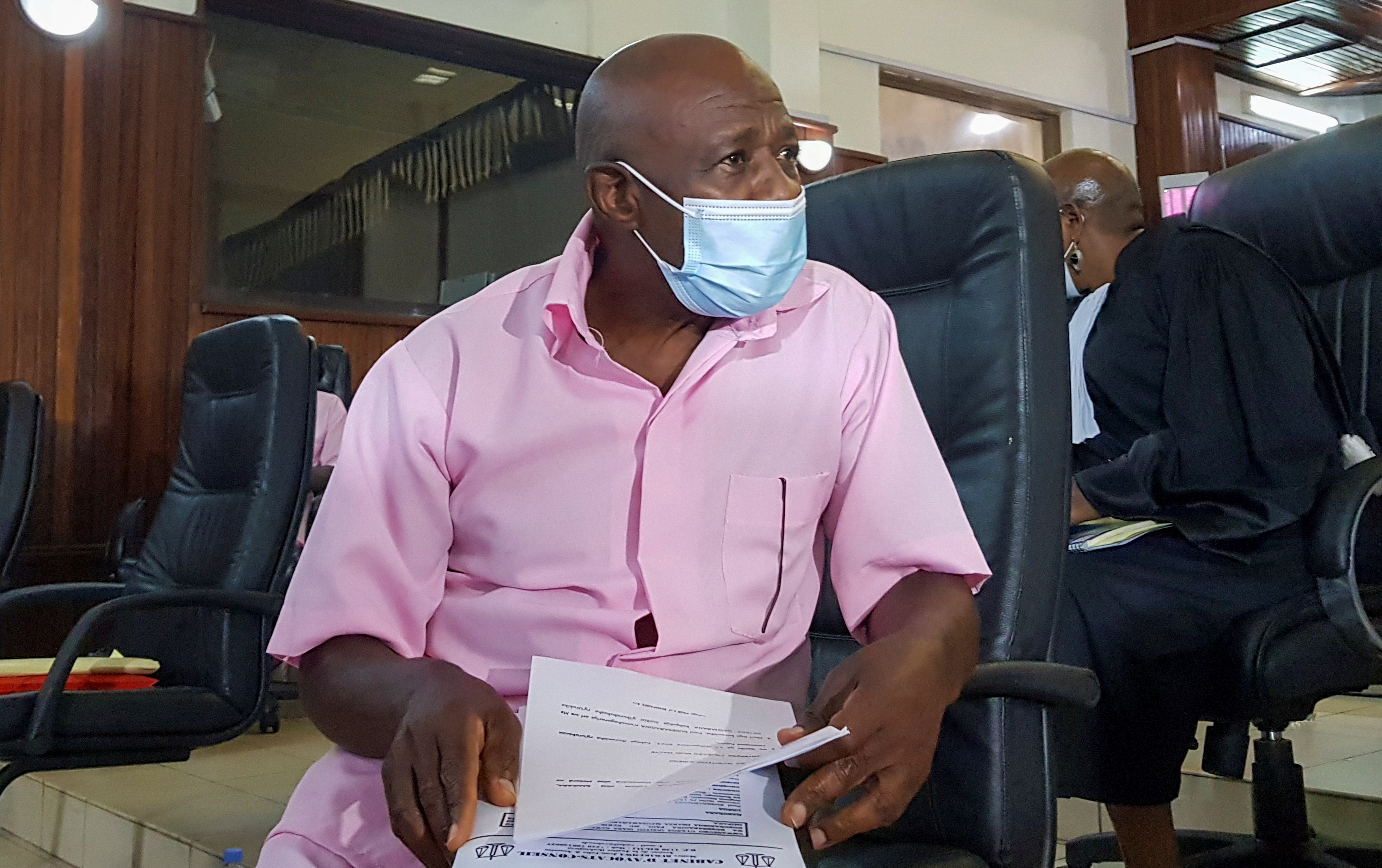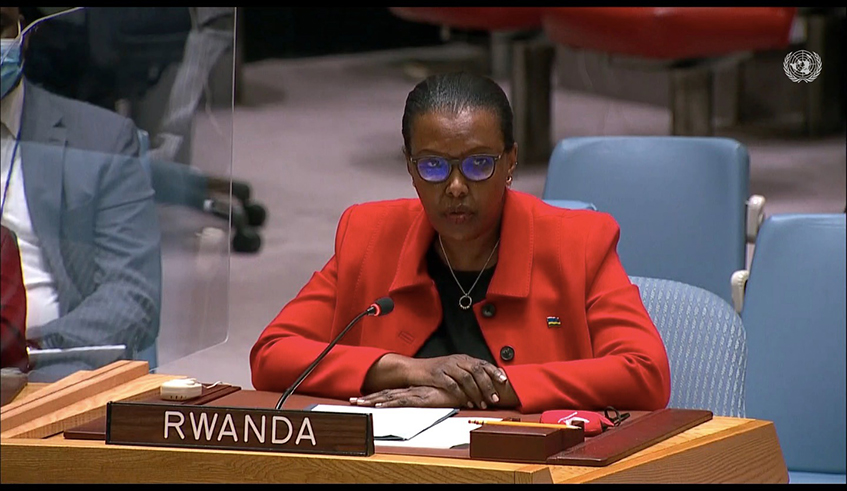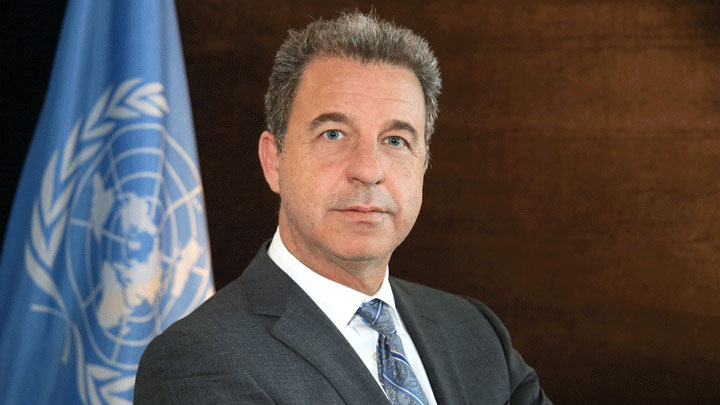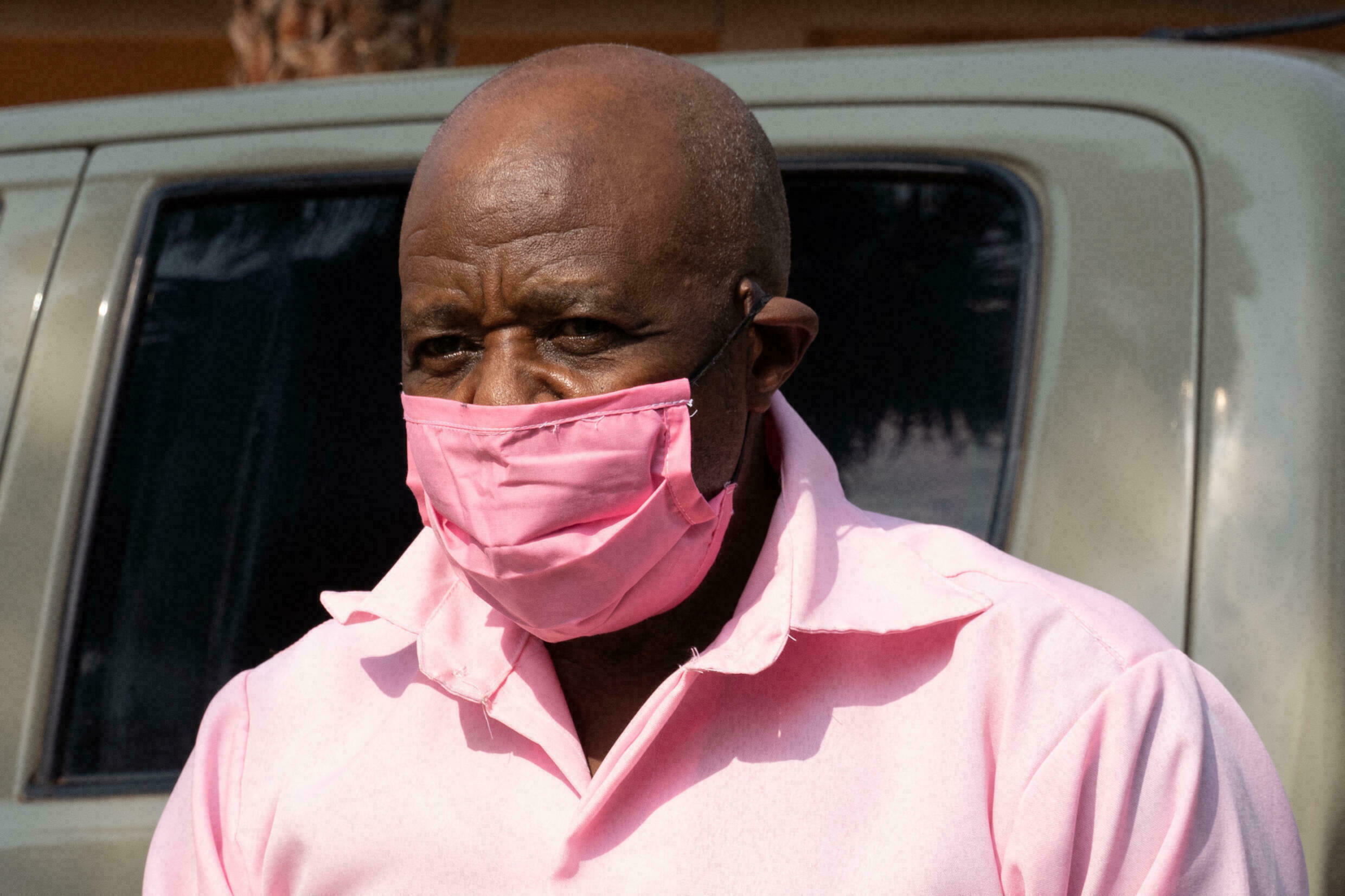International
Instead of challenging verdict in court, Rusesabagina family opted for political pressure
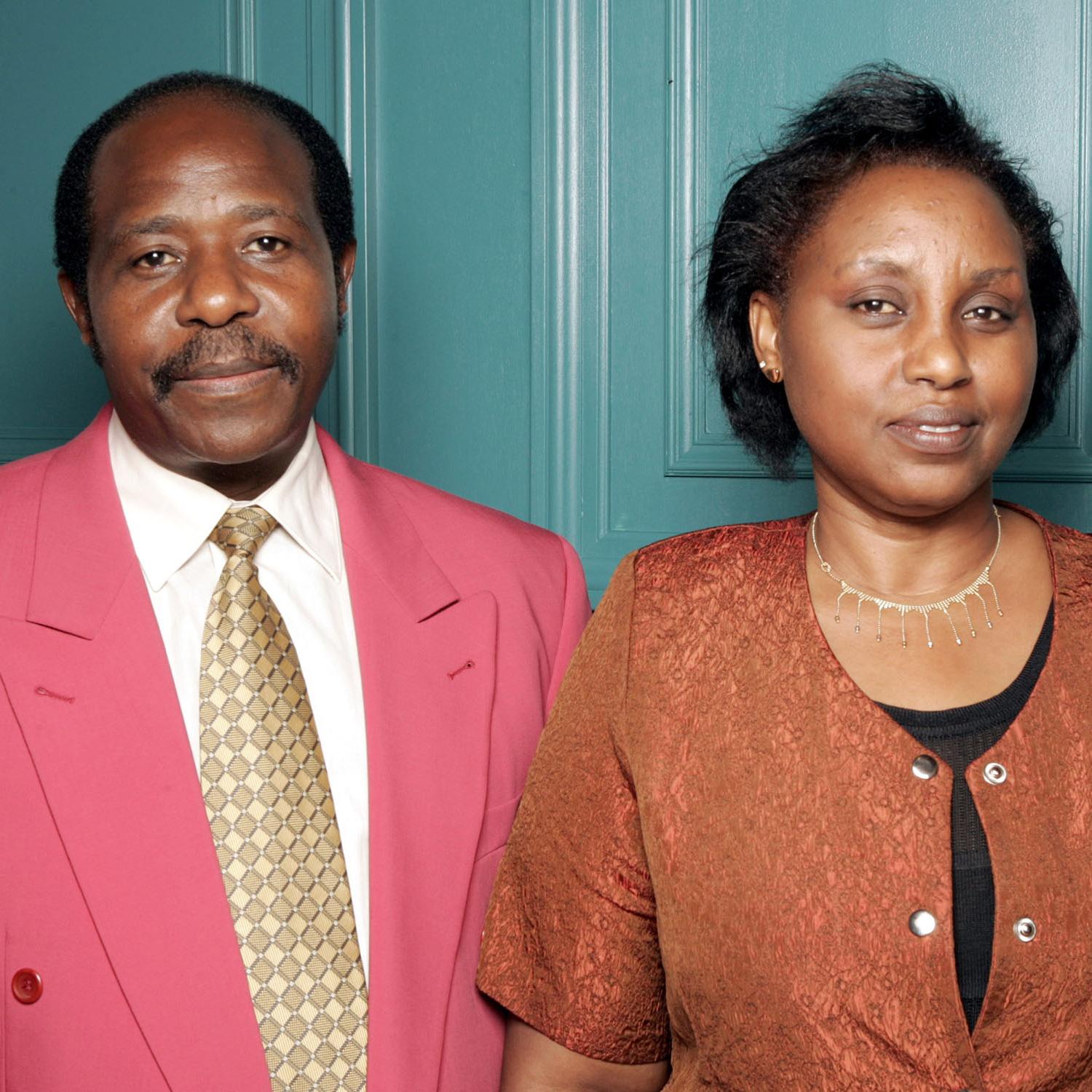
On
September 21, 2021, the Rwandan High Court convicted and sentenced Paul
Rusesabagina to 25 years in prison for terrorism and involvement in armed
militia attacks that killed innocent Rwandans in 2018 and 2019. The country’s
public prosecution appealed against the court’s 25-year jail sentence.
In a statement to the European Parliament, on October 7,
2021, the Vice-President of the EU Commission and High Representative for
Foreign Affairs and Security Policy stated that the EU understood that “Rusesabagina has the right to appeal the
verdict.”
Oddly,
he didn’t appeal. The family has had contradictory stories, and until recently,
no one seemed to have any real facts about the family’s strategy to challenge
the trial verdict.
Initially,
in an interview in Kinyarwanda with Voice of America, Carine
Kanimba, one of the daughters of Rusesabagina, was asked why her father did not
appeal within the stipulated 30 days. She told the Rwandan audience that
Rusesabagina “was denied access to the case file which includes the court
decision.” She argued that the reason for not appealing is because, “all his
basic rights were denied.” Carine also said that her father was denied access
to his lawyers. “Under such conditions, you cannot participate in the trial
process,” she claimed.
According
to the Rwanda Correctional Service (RCS), “everything
his family is saying is an excuse.” Here is the truth about their choice not to appeal the trial verdict as
disclosed by Rusesabagina’s daughters.
First, some light was shed in an interview that Carine
had with the South African TV channel eNCA on September 23, 2021, only three days after the Court read
its verdict, where she said
that, “from Rwanda we expect no justice.”
She explained that they will rely on the international
community to help the family, through political avenues and political pressure,
put on Rwanda’s President, Paul Kagame, to let Rusesabagina go.
Second,
Anaise Kanimba, the other daughter, was quoted in Peter Beaumont’s “Hotel
Rwanda hero to terrorist ‘show trial’: Paul Rusesabagina’s daughters on the
fight for his freedom” (The Guardian, 21 December 2021), saying
that they have chosen non-judicial approaches to challenge Rusesabagina trial
verdict.
“Our strategy is to put as much pressure
on Rwanda until Kagame is sick of hearing about my father’s case and the cost
of it is too high,” Anaise said during the two daughters’ visit to London “to
lobby” the British House of Lords on their father’s case.
Usually,
lobbying involves working to bring arguments to bear on lawmakers or policy
makers to gain favorable legislative or policy outcomes. And it is a strategy that
is executed through tactics such as hiring lobbyists, using the press, social
media campaigns and staging public demonstrations.
In
some political systems, it is even legal to lobby Courts and judges, and studies
have confirmed that, “court case outcomes were more favorable for companies
that lobby versus those that don't.”
The
media has an important part in lobbying through its power to shape reality as
it is a major source of information and it is at the centre of the struggle for
power and control in the world. Therefore, to be effective, lobbyists seek to
influence media organisations. For journalists, the news value of lobbyists
comes from their privileged access to decision makers, and lobbies’ financial
resources. Money is important in explaining the influence, or lack thereof, of lobbies
on media, and why lobbyists’ actions and viewpoints are often reported.
It
is this non-judicial strategy that the Rusesabagina family has chosen to challenge
his trial verdict. Among their tactics, besides media coverage and news
articles, they intend to make as much loud
noise as possible. The sole unadmitted aim is to persuade Europeans and the United States to hold
the government of Rwanda to ransom, and either
coerce President Kagame to give injunctions to the judiciary
to acquit Rusesabagina or
simply let him go without any process.
However,
the idiocy of the Rusesabaginas’ simplistic thinking is the prejudiced illusion
that Western pressure works on Africans, always. The contrary is true.
Lobbyists’ overconfidence has often
turned out to be their undoing in the
case of Rwanda. Those who choose to ignore President Kagame’s warning that “pressure just doesn’t work” in
Rwanda, condemn themselves to live with regrets.
In
2018 when Ingabire Victoire Umuhoza was granted mercy, foreign media quoted her
claiming that President Kagame granted her pardon “because he was under
pressure” to release her. President Kagame responded by stating that his
government “never responds to pressure,” and added that one of the fundamental
lesson Rwandans were taught by their tragic history is the imperative to “refuse
to be a submissive people.”
As
President Kagame further said during a press conference on December 21, 2020, while
commenting on appeals of some members of the US Congress to release
Rusesabagina, the government of Rwanda is “steadfast on pursuing justice.”
He invited
those who seek to apply pressure on Rwanda to find benefit in listening to what
Rwandans have to say.
In
philosophy, wishful thinking like Rusesabagina’s strategy is defined as a form
of uncritical thinking that seeks an outcome to match one’s fantasy.
And
as the dip in media noise around his case suggests, Rusesabagina advisors and lobbyists’
overconfidence may turn out to be, in itself, a prison sentence for their
client.



